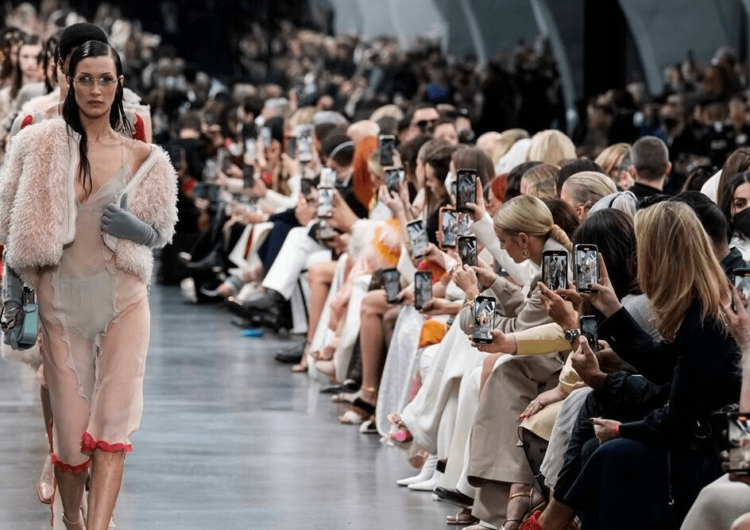Introduction
Fashion Week is a pivotal event in the fashion industry, where designers unveil their latest collections and set the tone for upcoming trends. Held in major cities worldwide, including New York, Paris, London, and Milan, these events not only showcase haute couture but also influence retail and consumer fashion. This article explores the history, structure, and impact of Fashion Week, along with how to navigate the event for those interested in fashion.
The Evolution of Fashion Week
Fashion Week has its roots in the 19th century, with early exhibitions showcasing designers’ work. However, the modern concept began in the early 20th century. The first official Fashion Week was organized in 1943 in New York as a response to the ongoing World War II, providing American designers a platform to present their work when Paris was inaccessible.
Key Fashion Weeks Around the Globe
- New York Fashion Week (NYFW): Typically held in February and September, NYFW is known for its dynamic blend of established and emerging designers. Iconic brands such as Ralph Lauren and Marc Jacobs often dominate the runway.
- London Fashion Week (LFW): Celebrated for its avant-garde styles and innovative designers, LFW is a platform for creativity. Brands like Burberry and Alexander McQueen showcase their collections here.
- Milan Fashion Week (MFW): Known for luxury and elegance, MFW features major Italian designers like Gucci, Prada, and Versace. This event focuses on craftsmanship and high-end fashion.
What to Expect at Fashion Week
- Runway Shows: The heart of Fashion Week, where models display the latest collections. Each show typically lasts around 15 to 20 minutes, showcasing around 20 to 30 looks.
- Presentations: Unlike runway shows, presentations allow designers to display their collections in a static format, often in an intimate setting. This format encourages closer interaction between designers and guests.
- Trade Shows: These events cater to buyers, showcasing collections for the upcoming seasons. They provide a platform for designers to connect with retailers.
- Parties and Networking Events: Fashion Week is not just about the runway. After-parties and networking events are essential for building relationships within the industry.
Navigating Fashion Week
For those interested in attending Fashion Week, here are some tips:
- RSVP Early: Shows often require invitations, so it’s crucial to RSVP as soon as possible to secure a spot.
- Dress the Part: Fashion Week is as much about personal style as it is about the designers. Attendees should wear chic and trendy outfits that reflect their personal brand.
- Be Prepared to Network: Bring business cards and be open to conversations. Networking can lead to potential job opportunities or collaborations.

The Impact of Fashion Week on Trends
Fashion Week sets the tone for the fashion industry, influencing consumer behavior and retail trends. The collections showcased often dictate what will be available in stores in the coming months. Additionally, the event plays a significant role in promoting sustainability and ethical practices within the industry, with many designers now prioritizing eco-friendly materials and production methods.
Conclusion
Fashion Week is more than just a series of glamorous shows; it’s a cultural phenomenon that shapes the fashion landscape. Whether you’re a designer, buyer, or fashion enthusiast, understanding the dynamics of Fashion Week can enhance your appreciation for the industry and its trends. As it continues to evolve, Fashion Week remains an essential platform for innovation, creativity, and expression in fashion.


